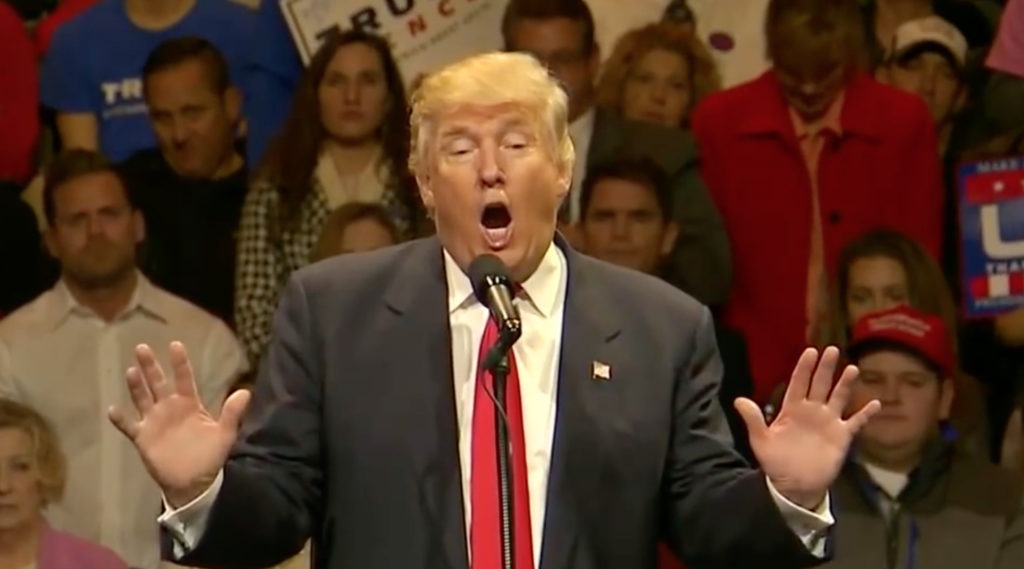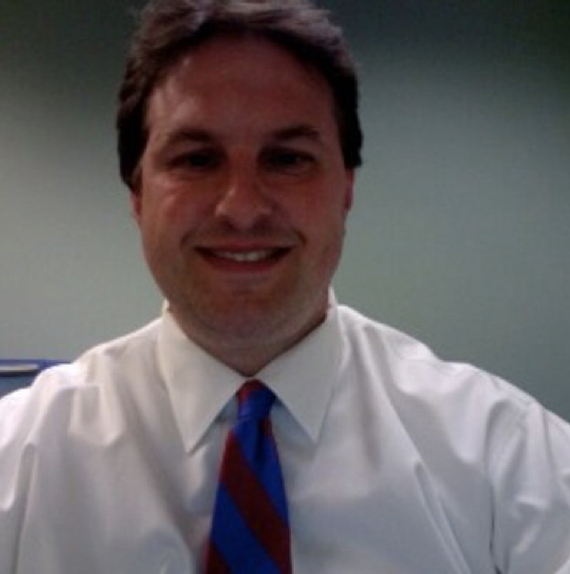Nice try, Donald Trump

“President” Donald Trump is now suggesting he could call a national emergency (perhaps based on his letter to Congress, and that “beautiful” slide deck. But alas, he is wrong about that. Trump stated: “We can call a national emergency because of the security of our country. I haven’t done it. I may do it. We can call a national emergency and do it very quickly.” Wrong.
Trump claimed it was not a threat, but merely stating that he could do it. Trump thinks he can do anything, but he is wrong on this. One, it would be unprecedented for a president to call a national emergency when there is no such thing going on. It would be challenged in court and, unless Chief Justice John Roberts and this Court have checked out, they would declare this unconstitutional in a nanosecond. The Supreme Court has held that specific Trump executive orders were unconstitutional.
A president’s power is not absolute, notwithstanding what any lawyer working for this administration might be telling Trump. During a real time of crisis, the Korean War, President Harry S. Truman attempted to use his extensive executive powers and issued an executive order to seize the steel plants that were having labor issues. In Youngstown Sheet & Tube Co. v. Sawyer, the “Steel Seizure Case,” the Supreme Court held 6-3 that Truman exceeded his authority when he issued an executive order directing the commerce secretary to seize steel mills to avert a strike during the Korean War.
In his concurrence, Justice Robert H. Jackson set out the president’s power in three situations: 1) when the president acts in accordance with “an express or implied authorization of Congress,” the president is at his broadest authority; 2) when the president acts without “either a congressional grant or denial of authority,” his power is based only upon reliance of his own independent powers” where there is potential for concurrent authority with Congress; and, 3) when the president acts against the express or implied will of Congress, “his power is at its lowest ebb.”
Jackson found that the seizure by Truman fell within the third category. The Jackson concurrence has subsequently been relied upon when assessing the extent of a president’s authority. We are now talking about a wall with steel made by American steel producers according to Trump and the case that will stop him from a national emergency executive order deals with American steel.

Daniel is a lawyer writing and teaching about SCOTUS, and is the author of the book “The Chief Justices” about the SCOTUS as seen through the center seat.
